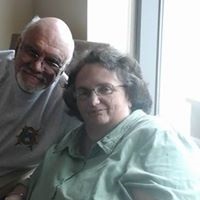What did the Latin root word for "trivia" originally mean?
All the options listed have been, at one time or another, definitions of what today we call “trivia”.
“Trivia” is the plural form of the Latin root word "trivium". It was first used in Ancient Roman times to describe an intersection or crossroads where three roads met ("tri" meaning three, and "via" meaning road).
As might be expected for a society which largely traveled on foot, these crossroads often became places where people (especially those of lower classes) would meet to trade or sell goods, exchange news, and, in general, congregate. However, snobbish members of the upper classes looked down at this meeting place of “plebeians” (commoners), and labeled it "trivialis”, (an adverb meaning “public”) thus, in their opinion, commonplace.
The sense of “commonplace” evolved over time into “trifling” or “unimportant”, which is where we get today's sense of the word. By the time the English language had incorporated the adjective "trivial" in the 16th century, the generally accepted definition of “trivial“ had become "insignificant".
The noun "trivia" as we know it today was coined in the early 1900s and referred to small bits of insignificant knowledge; obscure facts and details that aren't really applicable in day-to-day life.
Applicable or not, most people seem to enjoy an insignificant factoid; even trivia about trivia.
More Info:
www.etymonline.com










